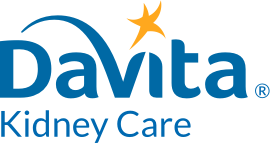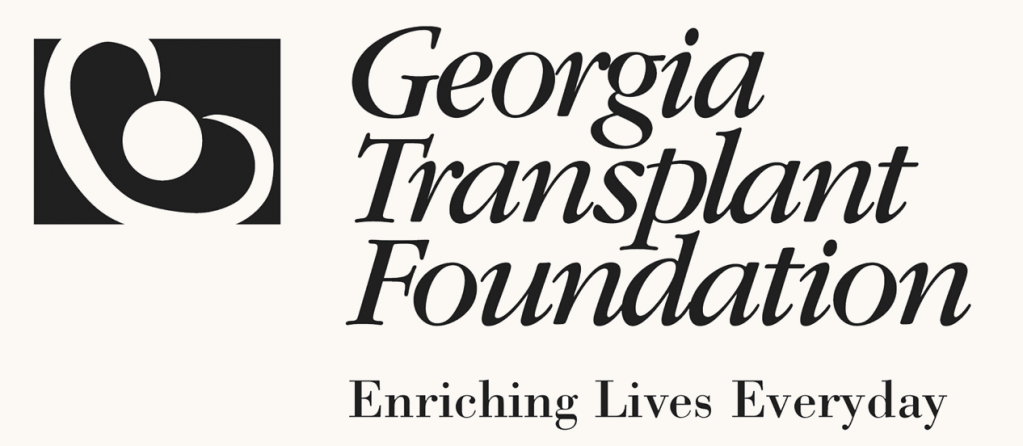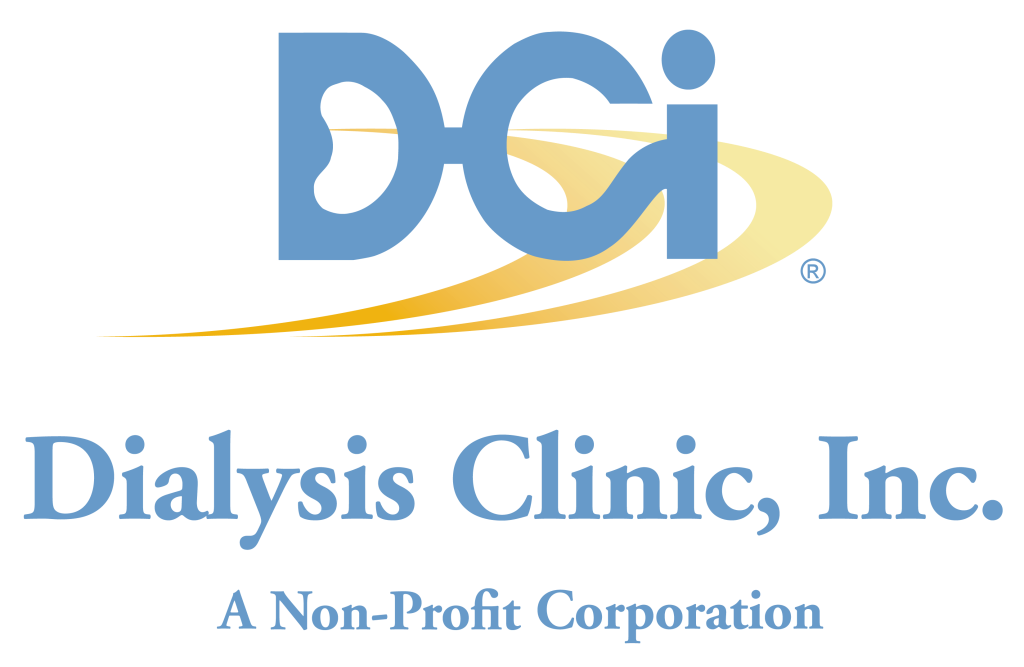the Southeastern Kidney Transplant Coalition
a network of key stakeholders in the kidney disease community that share the common goals of improving transplantation rates and eliminating health disparities in access to kidney transplantation in the Southeast.

What We Do

The mission of the SEKTC is to increase kidney transplant rates by identifying and reducing barriers in the kidney transplant process and with a vision of improving equity in access to kidney transplants for kidney disease patients in the Southeast region.

- Increase dedication and awareness among kidney disease patients, providers, and the public
- Build an alliance of transplant centers
- Increase the availability of organs
- Identify, test, and distribute best practices within the region

SEKTC History
Kidney transplantation is the optimal treatment for patients with end-stage kidney disease. The process to receive a transplant is a multi-step process and patients are hindered by long-standing racial disparities in access to both a living donor and deceased donor transplant.
In 2010, the Southeastern United States was identified as having the highest burden of kidney disease, the highest number of Black patients on dialysis, and the lowest rates of kidney transplants in the nation, which led to the formation of the Southeastern Kidney Transplant (SEKTx) Coalition at the request of our ESRD Network 6 (GA, NC, SC). The creation of the SEKTC has led to the sustained collaboration of key stakeholders in the kidney disease community in GA, NC, and SC to unite among the common goals of improving transplant rates and eliminating health inequities in access to kidney transplantation.
Following a needs assessment of the kidney disease patient population in the Southeast, including focus groups of patients, surveys of clinical staff, and quantitative data analyses, barriers to access to transplantation were identified as multi-level and multi-factorial. These results have since been used to inform quality improvement, multi-component interventions, and policy initiatives focused on improving equity and dissemination of information with a goal of improving equity in access to kidney transplantation in this region.
In recent years, the SEKTC has also sought to help other regions of the country develop similar models of local and regional stakeholder groups to identify the important context that drives inequities in access to kidney transplantation. The SEKTC now has partnerships across four regions of the country, and “transplant champions” developing similar quality improvement activities to address inequities in access to kidney transplantation.

Meet us better
Major organizations that are part of our Coalition

Current Participating Organizations:
The Coalition consists of voluntary stakeholders, including patients, family members, care partners, transplant centers, healthcare professionals, organ procurement organizations, academic researchers, patient advocacy groups, representatives of large and small dialysis companies, and ESRD Network 6 staff.
Transplant centers:
- Augusta
- Carolinas
- Duke
- Emory
- MUSC Charleston
- MUSC Lancaster Mid-Carolinas
- Piedmont
- Prisma Health
- UNC
- Wake Forest
- ECU-Health
Coalition Partners:
- IPRO End-Stage Renal Disease NW 6
- American Association of Kidney Patients
- National Kidney Foundation
- Georgia Transplant Foundation
- Regenstrief Institute
- Organ Procurement Organizations
- Patient Partners
- Academic Institutions
- Apex Health Innovations
- Veloxis
- CareDx
- Sanofi
Dialysis/CKD organizations:
- DaVita
- Dialysis Clinic, Inc.
- Fresenius
- CKD Clinics
The Southeastern Kidney Transplant Coalition also includes partnerships in other regions of the country, with a goal of helping other regions to develop local or regional community-based partnerships to identify the unique barriers to equity in access to kidney transplantation in these regions.
[Learn more]







